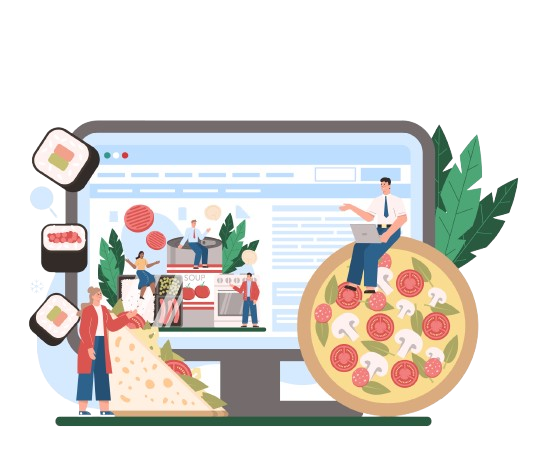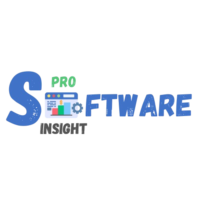The Ultimate Guide to Restaurant Management Software 2025

Table of Contents:
Intro
- What is Restaurant Management Software?
- Benefits of Restaurant Management Software
- Challenges of Using Restaurant Management Software
- Conclusion
Running a successful restaurant is no small feat. From inventory tracking to customer service, every detail matters. As the food industry evolves, technology has stepped in to make management more efficient. Restaurant management software (RMS) is transforming how restaurants operate, helping owners and managers enhance efficiency, cut costs, and improve the customer experience. But what exactly does this software do, and is it the right investment for your business? Let’s dive in.
What is Restaurant Management Software?
Restaurant management software is an all-in-one digital solution designed to handle various aspects of a restaurant’s operations. It integrates essential functions like order processing, billing, inventory management, employee scheduling, and customer relationship management. By automating tasks and centralizing data, it streamlines operations and reduces manual errors, allowing restaurant owners to focus on delivering exceptional dining experiences.
Benefits of Restaurant Management Software
1. Improved Order Management
A well-integrated system ensures that orders are accurately recorded and sent directly to the kitchen, minimizing mistakes and wait times. Many solutions support online ordering and third-party delivery platform integrations, expanding a restaurant’s reach.
2. Efficient Inventory Management
Tracking ingredient usage in real-time helps prevent shortages and overstocking. Automated alerts notify managers when supplies are low, reducing waste and controlling costs.
3. Enhanced Customer Experience
From table reservations to personalized promotions, an RMS helps restaurants offer seamless service. Some systems include customer relationship management (CRM) tools that track dining preferences and order history, allowing for tailored recommendations.
4. Simplified Employee Scheduling
Managing shifts and tracking staff hours can be complex. Restaurant management software simplifies scheduling by considering employee availability, workload balance, and labor laws, ensuring smooth operations.
5. Seamless Payment Processing
Modern RMS solutions support multiple payment options, including contactless payments, digital wallets, and split billing. Secure transactions enhance customer trust and reduce errors.
6. Data-Driven Decision Making
Comprehensive reports and analytics provide valuable insights into sales trends, customer preferences, and operational efficiency. These data-driven insights help restaurant owners make informed business decisions.
Challenges of Using Restaurant Management Software
- Initial Setup and Costs: Implementing a new system requires time and financial investment. Small businesses with limited budgets may find it challenging to afford advanced features.
- Staff Training and Adaptation: Employees must be trained to use the software effectively. Resistance to change and lack of technical expertise can slow down adoption.
- Integration with Existing Systems: Not all RMS solutions seamlessly integrate with existing accounting or POS systems. Choosing software that fits well with current operations is crucial.
- Technical Issues and Downtime: Software glitches or server downtimes can disrupt operations. A reliable support system and cloud-based backup solutions can mitigate these risks.
FAQs
Is restaurant software suitable for small businesses?
Yes, many RMS providers offer scalable solutions with flexible pricing plans to accommodate small restaurants and food startups.
Can RMS help with customer loyalty programs?
Absolutely. Many systems include CRM features that allow businesses to create and manage loyalty programs, track customer visits, and offer targeted promotions.
Does RMS require an internet connection?
Most modern solutions operate on cloud-based platforms, requiring an internet connection. However, some systems offer offline functionality to ensure continuous operation.
How secure is restaurant management software?
Reputable providers use encryption and secure servers to protect financial and customer data. Always choose a solution with strong security measures and regular updates.
Conclusion
Restaurant management software is more than just a digital tool—it’s a game-changer for businesses looking to enhance efficiency, reduce costs, and improve customer experiences. While challenges exist, the right RMS can streamline operations and contribute to long-term success. Whether you’re a small café or a large restaurant chain, investing in the right software can take your business to the next level.
